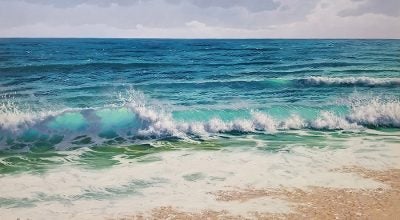Winter Means Swan Migration,Hunting
Published 11:02 pm Monday, March 31, 2014
Tundra swan migration is a special part of winter in eastern North Carolina.
Hunters must be drawn in a permit system administered by the North Carolina Wildlife Resources Commission before pursuing swans.
NCWildlife.org explains that North Carolina plays a vital role in the yearly cycle of the eastern population of tundra swans, wintering more swans, by far, than any
other state on the East Coast.
The website also explains that each fall, approximately 65,000 to 75,000 swans migrate to northeastern North Carolina to take advantage of the abundant food sources found in our lakes, sounds and farms. Twenty-five thousand swans winter in Pennsylvania, Maryland, Delaware, Virginia and New Jersey. A separate western population exists that winters in several western states including California, Nevada, and Utah.
Chase Luker, program director at the Eastern 4-H Center in Columbia commented on the swan-hunting season in eastern North Carolina.
“Swan hunting is very good in the open wheat-fields in and around Tyrrell County. Most hunters who receive a permit harvest their swan in either Tyrrell, Beaufort, Hyde, or Dare County. During peak migration, Tyrrell County could hold 25 percent of the continental population, so it’s a great place to see and hunt swans,” Luker said.
Luker noted that roughly 5,000 permits are issued.
“It changes by a hundred or so each year, based on bird counts. Nevertheless, there have not been leftover permits in the last several years — however, only two thirds of hunters are successful in actually harvesting their swan,” he said.
When Luker hunts swans he prefers to hunt them on wheat-fields. Swans are very social birds and decoy readily to decoy rigs.
“My swan-hunting decoy rig consists of several dozen swan silhouettes as well as a dozen or so canvas over wire constructed swan decoys. I harvested my swan within 30 seconds of getting into the blind this year, so it was good, I suppose, but it’s always fun to watch swans stool to a decoy spread,” Luker said.
The Pocosin Lakes National Wildlife Refuge also sponsors waterfowl tours on its Pungo unit in Hyde County that highlight the large number of birds that come to the area.






